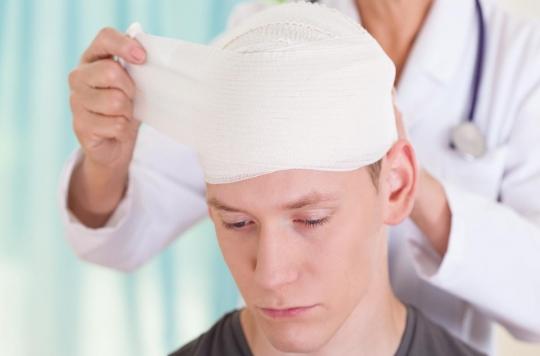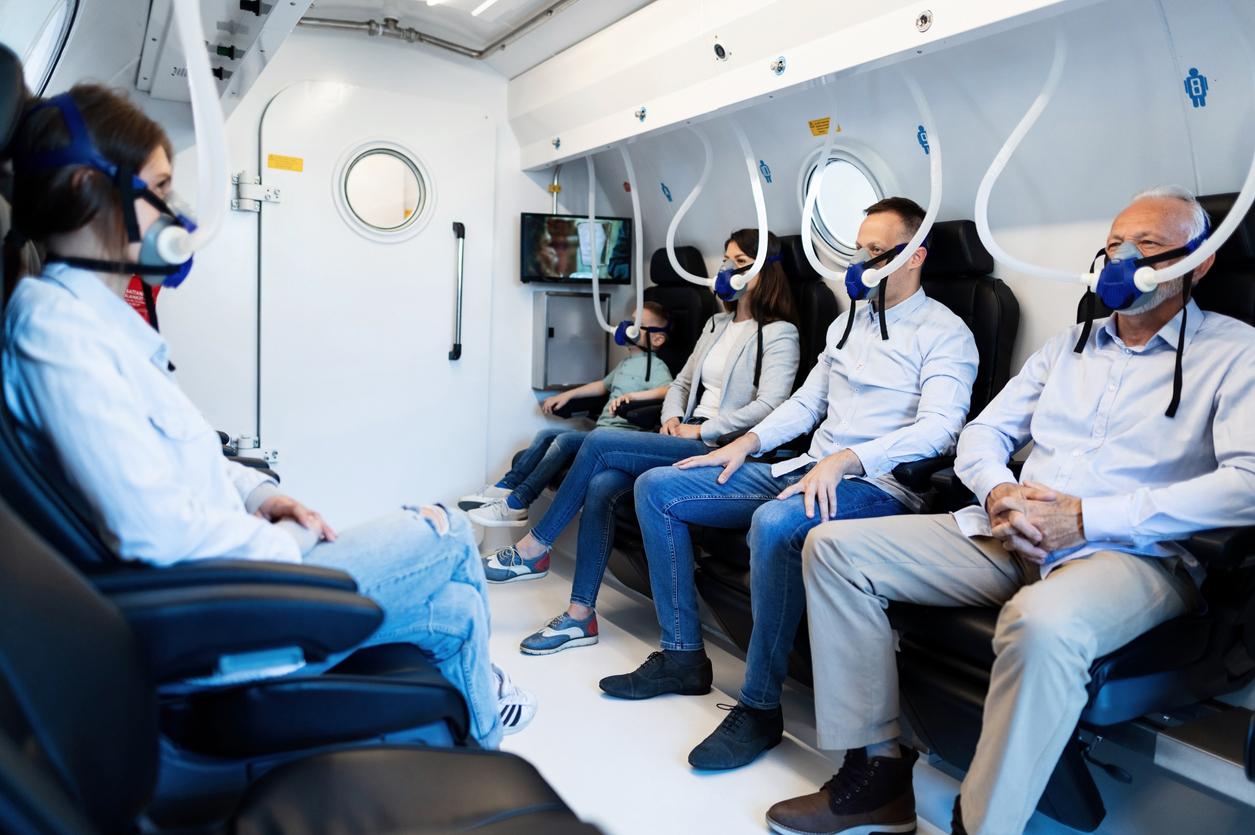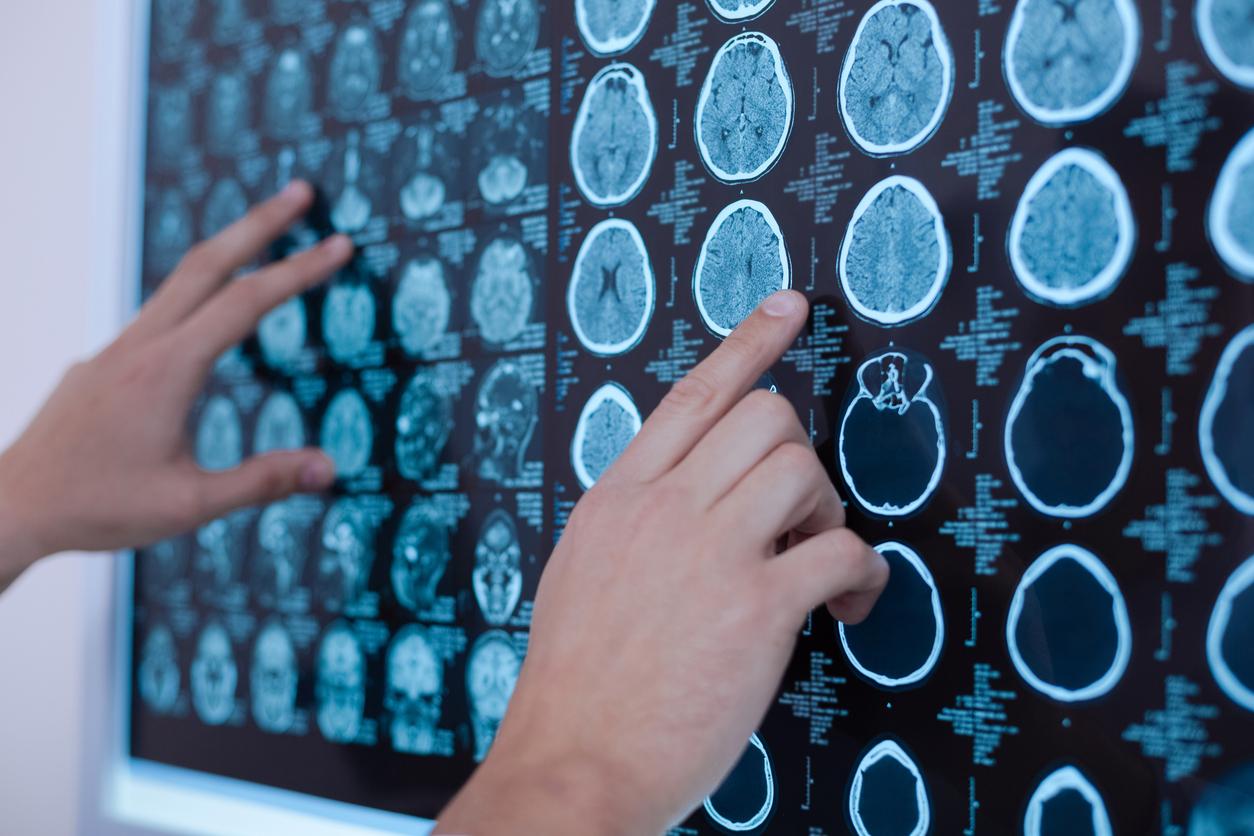One in five people is at risk of developing neuropsychiatric disorders within six months of a mild brain injury. This suggests the importance of diligent medical monitoring.

A minor head injury can happen to anyone. Seemingly insignificant, a mild traumatic brain injury can actually have consequences on our mental health, with even risks of post-traumatic stress disorder (PTSD) or depressive disorder.
This can happen to one in five people within six months of the shock, and should therefore involve medical monitoring during this period. Here are the findings of a study, funded by the National Institute of Neurological Disorders and Stroke (NINDS) and part of the National Institute of Health. The results are published in JAMA Psychiatry.
Depression, post-traumatic stress disorder
“Mental health disorders after a concussion have been studied mainly in military populationsand little is known about these results in civilians,” said Patrick Bellgowan, director of NINDS. The study was conducted by Murray B. Stein, professor at the University of California at San Diego (United States). The researchers investigated 1155 people who went to the emergency room after suffering a mild traumatic brain injury.
Three, six and twelve months after the shock, the participants completed various questionnaires on thepost-traumatic stress disorder (PTSD) and major depressive disorder. The researchers used as a control group people who suffered traumatic orthopedic injuries (broken leg for example), but without head injury. Three months after the mild brain injury, 20% of patients reported symptoms of mental disorders, compared to 8.7% for those with an orthopedic injury.
The importance of medical monitoring
Concerning I’post-traumatic stress disorder (PTSD), the researchers found that patients with a history of mental illness were more likely to suffer from it. This is also the case when the concussion was due to an assault or a violent attack. On the other hand, such a link has not been established for depressive disorder.
“Contrary to popular belief, minor head injuries can have serious effects. long-term. These results suggest that follow-up care after shock, even in mild cases, is essential. And this especially for patients with risk factors for PTSD or depression,” says Dr Stein.
This study is part of the program TRACK-TBI, funded by the National Institute of Health, and intended to better understand the effects of mild concussions. Recent research has shown that many patients do not receive recommended follow-up care.

.















